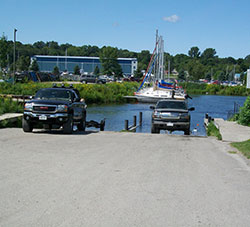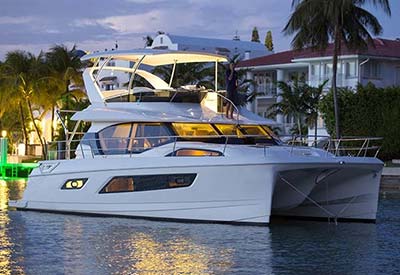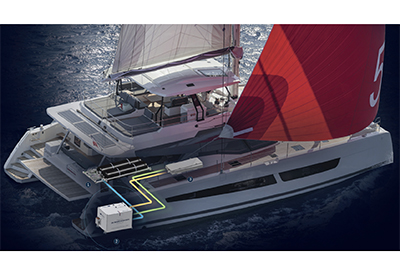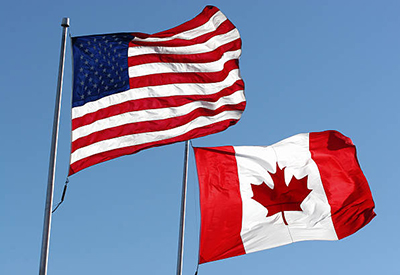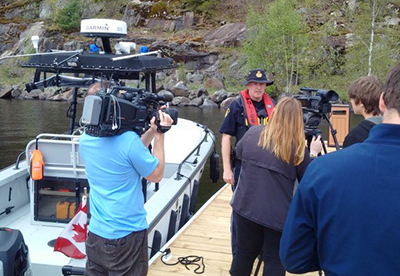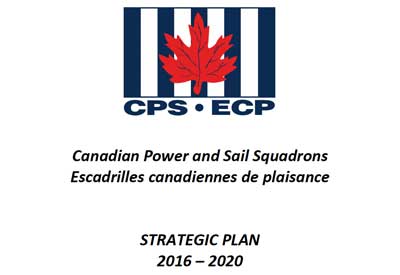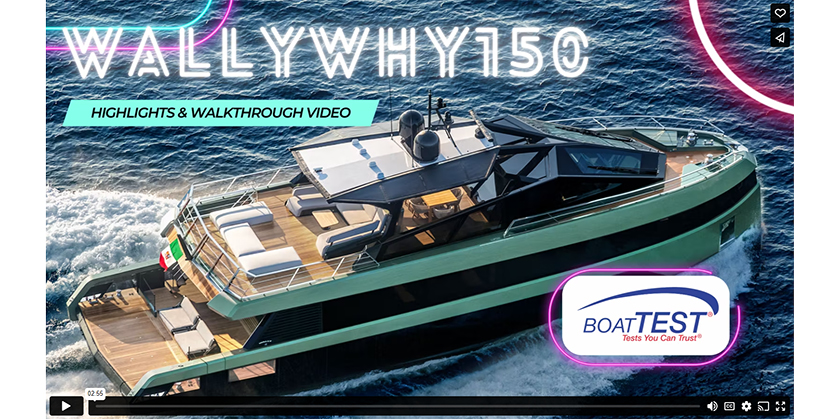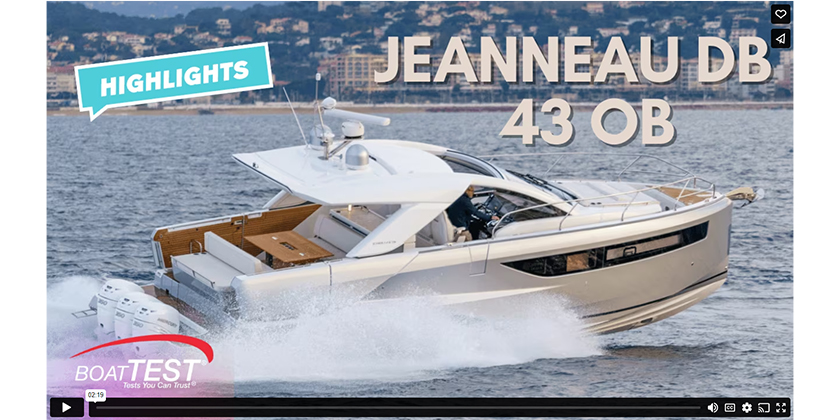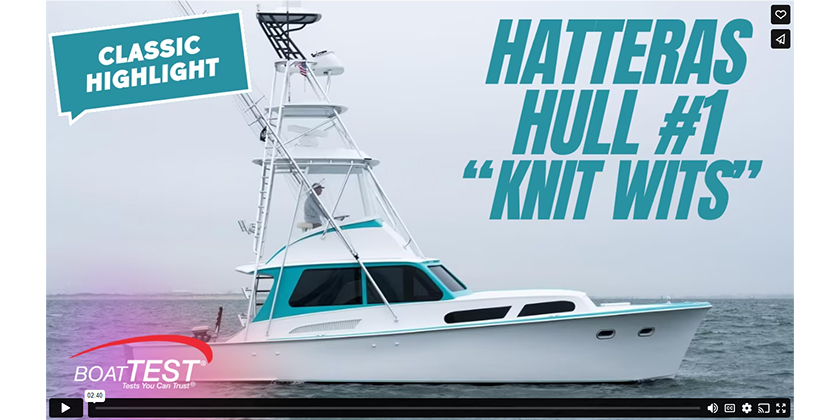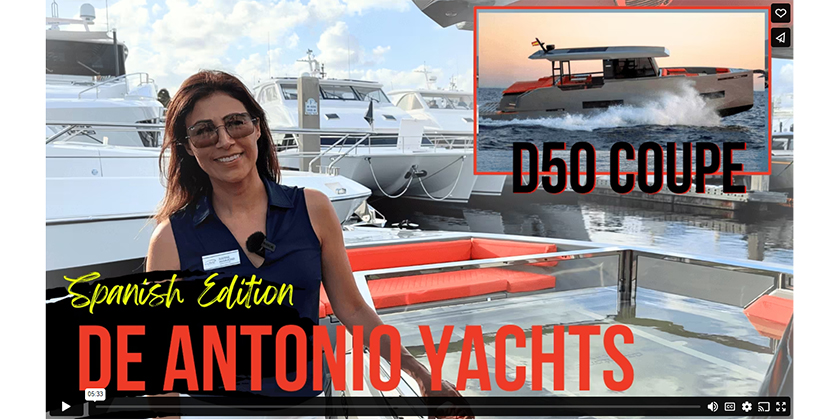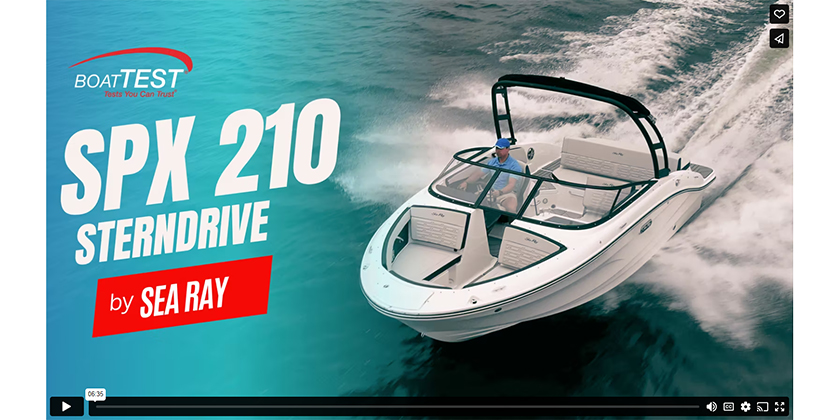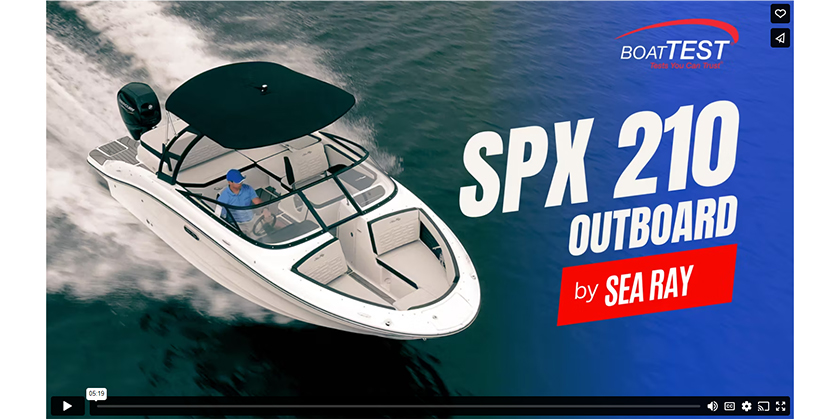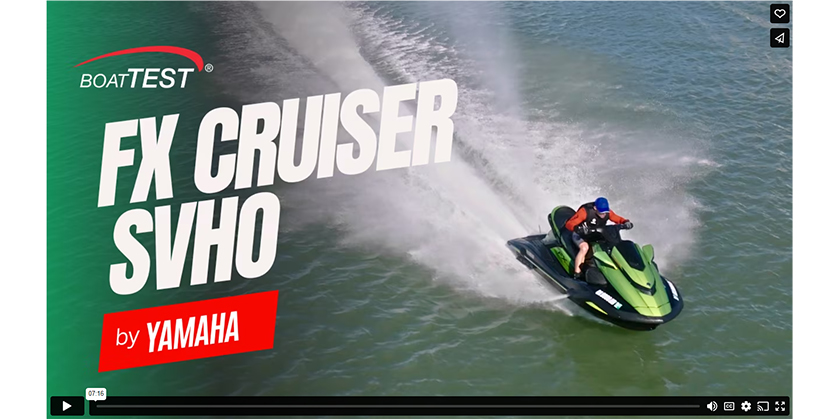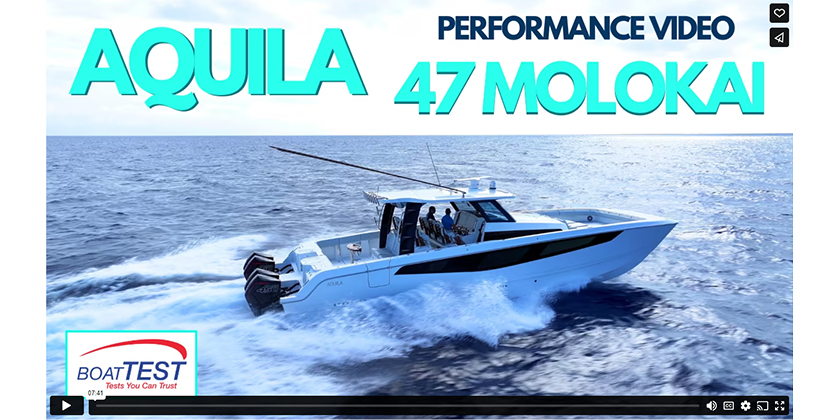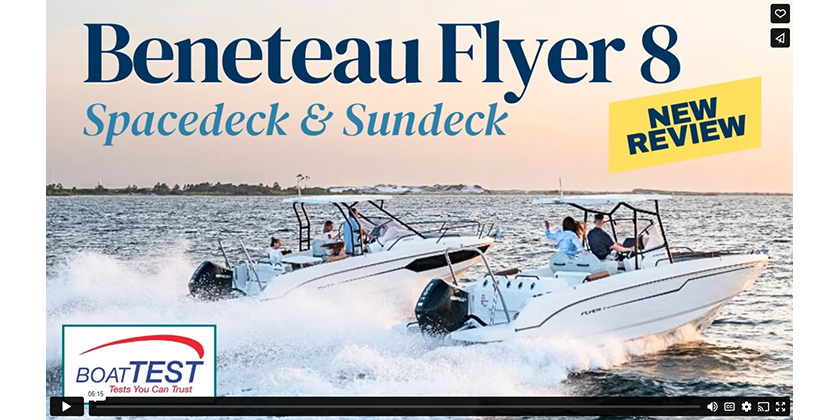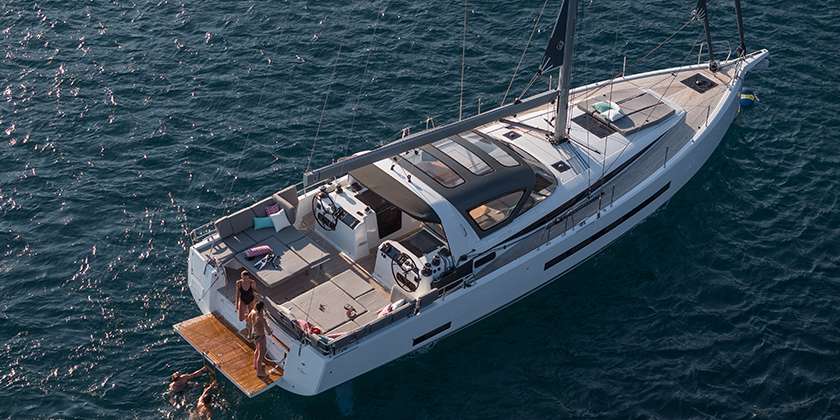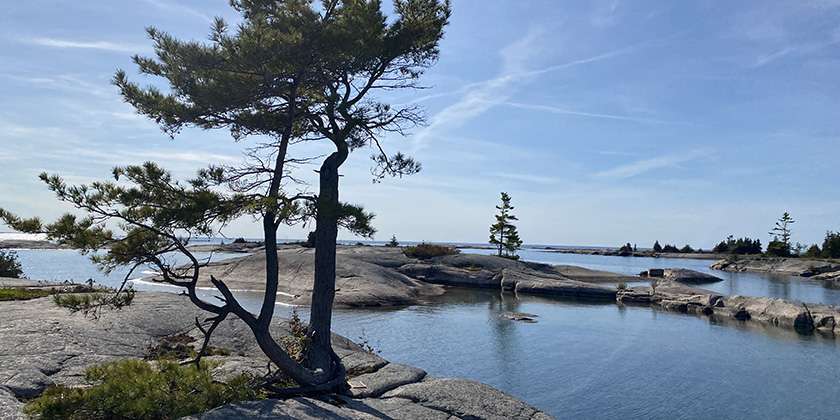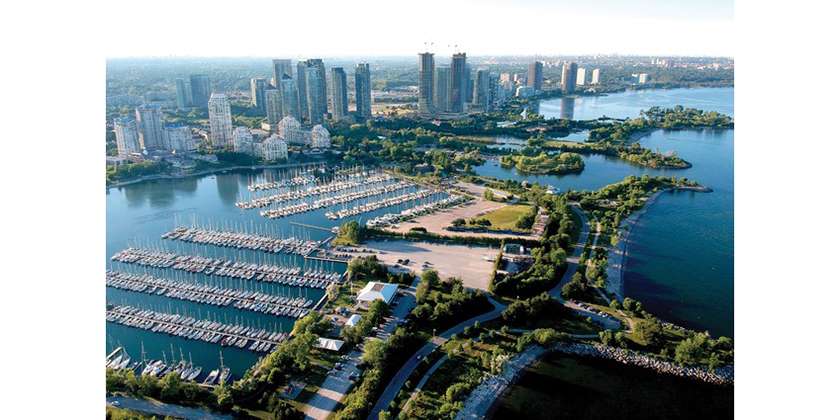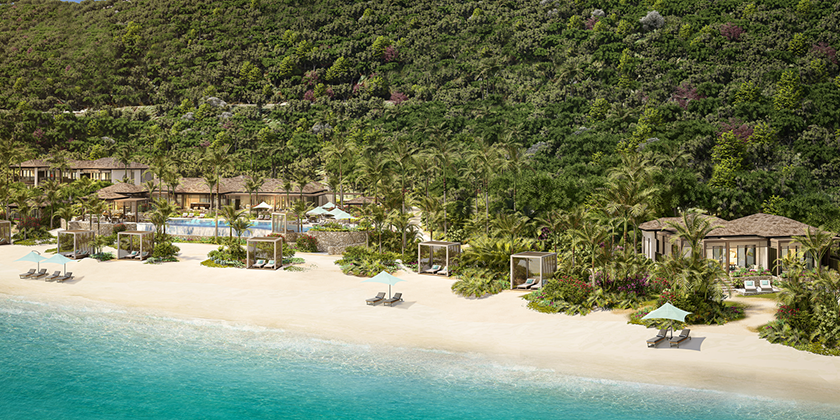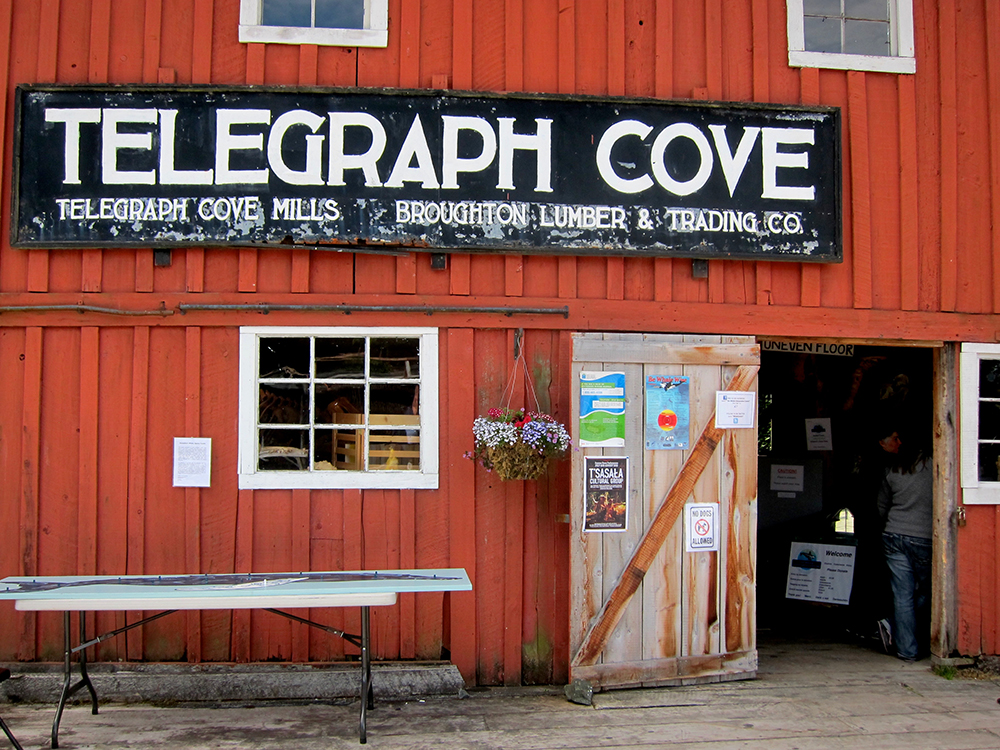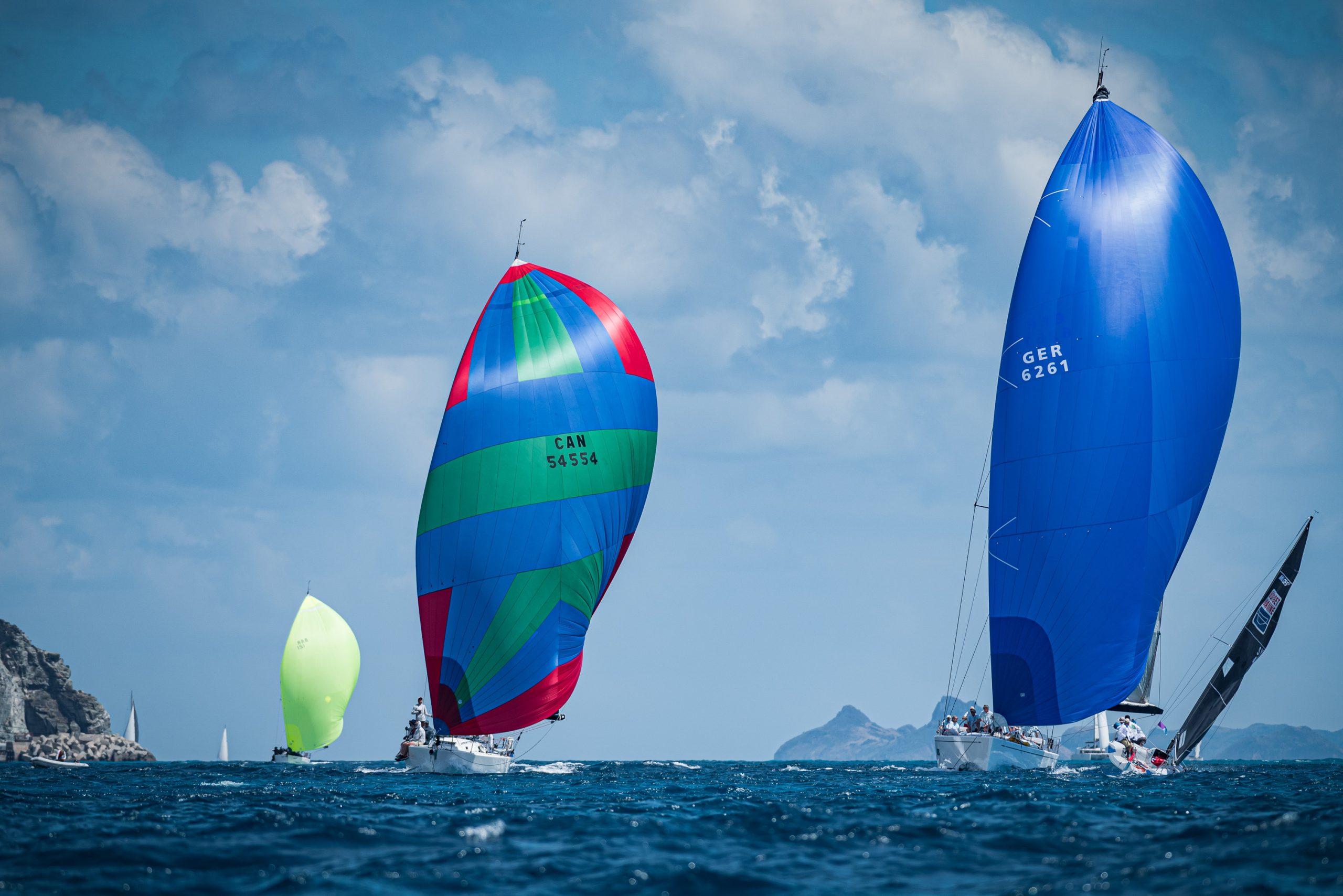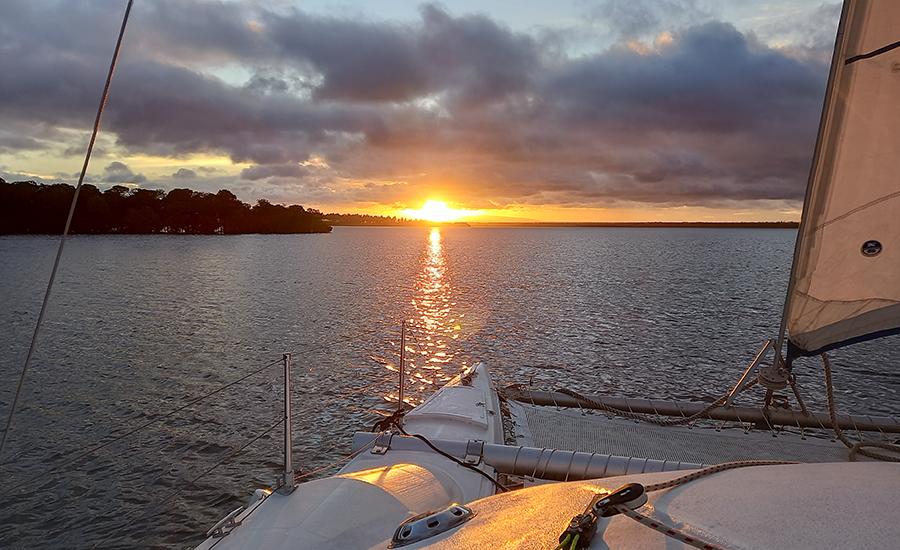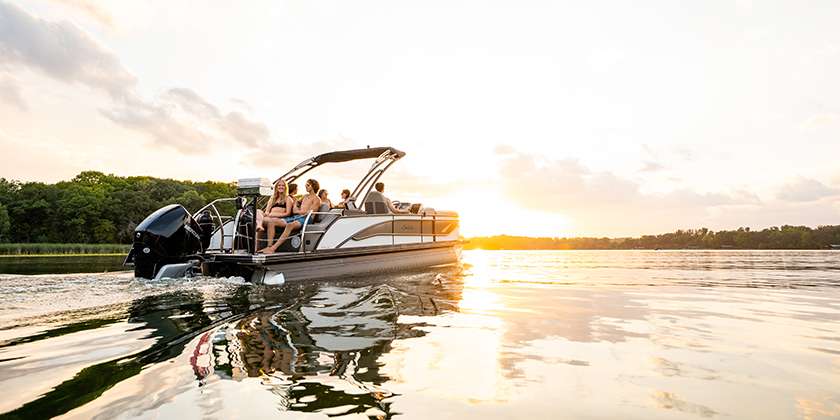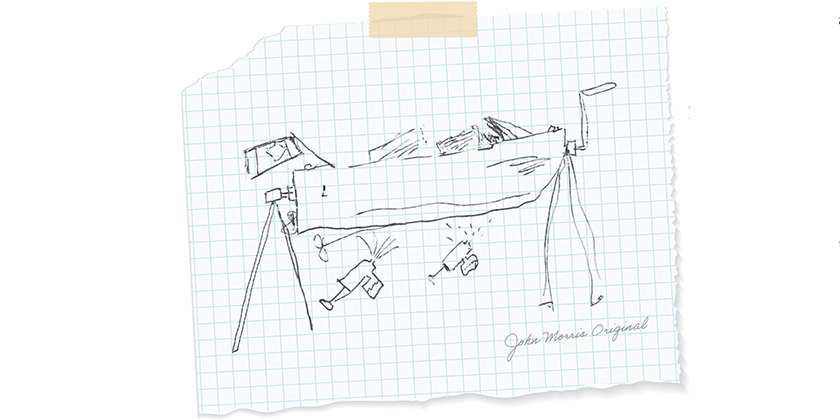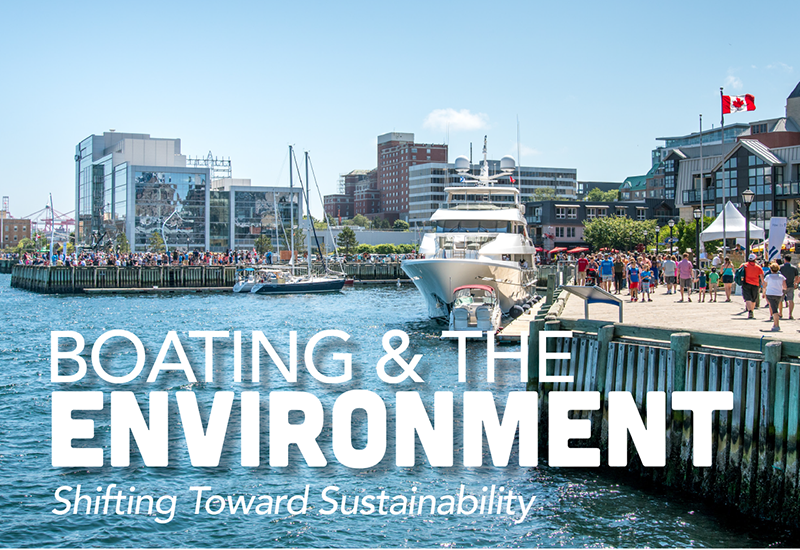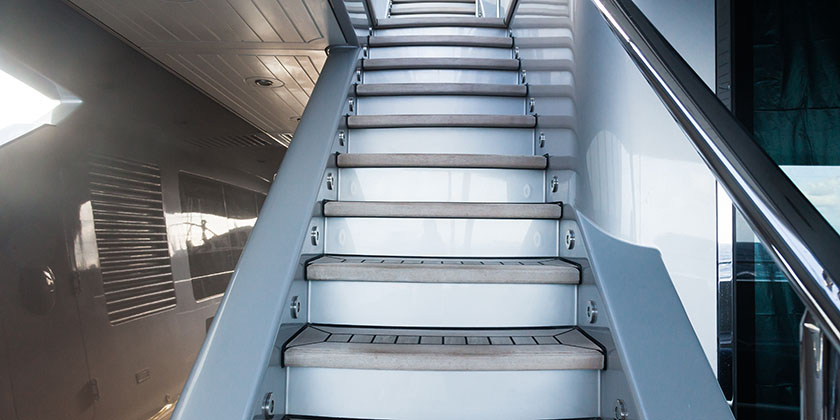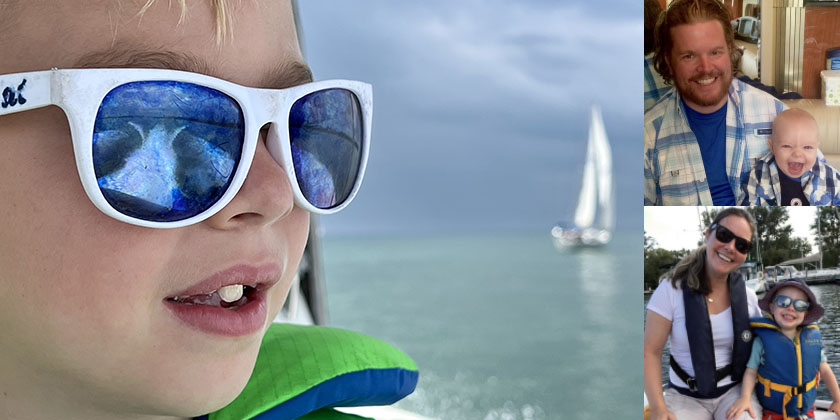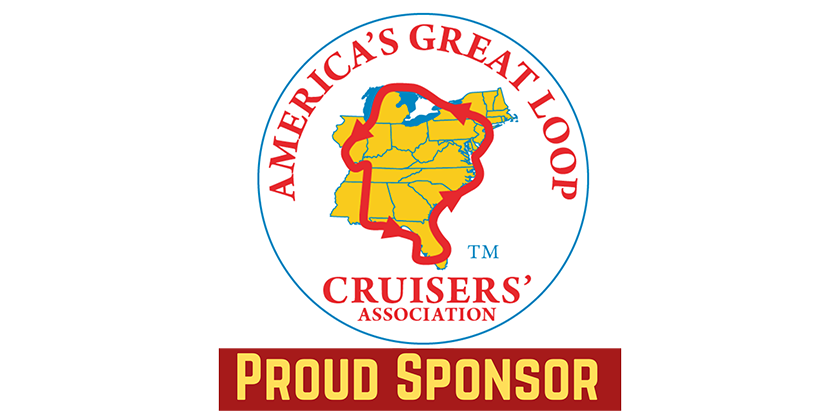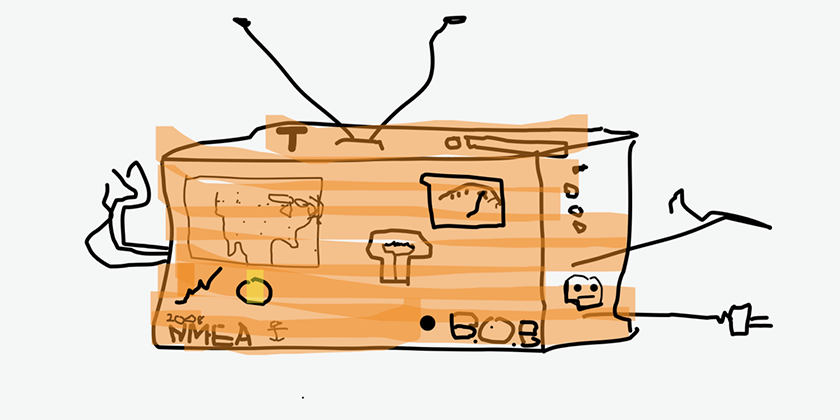Opinion:Paul Henderson OLY – World Sailing has it WRONG

Say bye-bye to the fleets of Finns and others
As a sailor, past member of the Canadian Olympic team and former IOC member, I am disturbed by the direction that sailing at the Olympics is taking. World Sailing, the sport’s international governing body that determines the equipment and format at the Olympic Games, is headed in a direction that threatens to relegate our sport to the fringes while ruining competitive sailing participation around the world.
And it impacts us, the Canadian boating community.
Here’s why: World Sailing has embraced technology at the expense of the talent of the sailors who participate. Under some perceived cloud of the IOC removing the sport from the Games (which cannot happen – sailing is enshrined permanently) and with a vague goal of “Gender Equality” participation (which was at a 40/60 ratio years ago and with equal medals for men and women doesn’t need radical surgery) World Sailing is inventing boats that have absolutely no relationship to what real sailors sail while eliminating the equipment governed by well distributed International Classes that have been the bedrock of sailing for years.
For the Paris Games in 2024, the possible classes that could be put into the Olympic Sailing competition are:
1) Nacra 17 Foiling Mixed
2) 49er Men
3) 49er FX Women
4) Laser Men New Rig
5) Laser Radial New Rig
6) Windsurfer Men Foiling
7) Windsurfer Women Foiling
8) KiteSurfing Men Foiling
9) KiteSurfing Women Foiling
10) Offshore Keelboat Mixed.
All dinghies classes that displace water are eliminated: 470 Men and Women and particularly Finn. With the elimination of the Finn, no sailor weighing over 75 kg will be able to participate in the Olympics. Two of the new classes – a foiling windsurfer and a $250,000.00 two-person keelboat currently do not exist nor has the format been decided, the latter for some sort of long distance race. Interesting to note the IOC deleted keelboats for RIO2016 including the Star, the most solid International Class Association and now wants to introduce a new expensive unknown keelboat.
Why does this matter? There are several good reasons why this is a completely misguided direction for sailing at the Olympics but here are the two I see as most important.
The traditional classes came from the grass roots of sailing that are based at Sailing Clubs that support the Member National Authorities like Sail Canada.
Stars, for example, had very large fleets around the world sailed by the heroes of Sailing. In Canada, when I participated, we had 100 boats on the line. The new proposed classes have zero participants in Canada or elsewhere. It doesn’t do a single thing for supporting sailing at the club or national level beyond the handful of potential participants.
Only the wealthy countries can change classes every Olympics! Stability is a key for broad based participation.
For you and me here in Canada, this means that the skilled sailors who compete internationally but remain members of our local clubs and fleets are gone. Olympic sailors have been our daily friends and inspiration at many clubs from Victoria to Halifax. No longer.
If international participation in the Olympics is the stated goal of the Games, these moves will deliver the opposite. Less developed nations who have built fleets of Finns or 470s over the years (changes have already bombed the Star, Soling, Yngling and other well developed fleets) will now have to start from scratch with boats they need to purchase at huge expense.
The two-person keelboat has been discussed at $250,000! They need to completely re-start sailing programs with imported coaches, expensive spare parts and newly recruited participants. Their existing sailing fleets, that have gradually climbed the ladder to compete internationally and develop, will no longer be supported. While England and Germany can build winning programs with pocket change, the countries of the Caribbean, Asia, South America and Africa cannot find that scale of money and will not likely ever.
These changes in boats are badly conceived as they are conceived to try and make competitive sailing more attractive on TV as it will not happen as Olympic Sailing is a participatory sport.
World Sailing’s website motto explains the difference stating their new focus is: “Sport, Nature, Technology.”
I believe in: “Competitive Sailing, Clean Air and Clean Water, Talent.”
– Paul Henderson OLY
Toronto sailor Paul Henderson has a powerful background in the sport including (plus lots more):
International Sport Positions:
President, International Sailing Federation 1994-2004
Vice President International Sailing Federation 1978-1994
Vice President, General Assembly of International Sport Federations 2000 – 2007
Executive Member, Association Summer Olympic Sport Federations 2000 – 2004
International Olympic Positions:
Member, IOC 2000 -2004
Recipient Olympic Order 1993 and 2004

